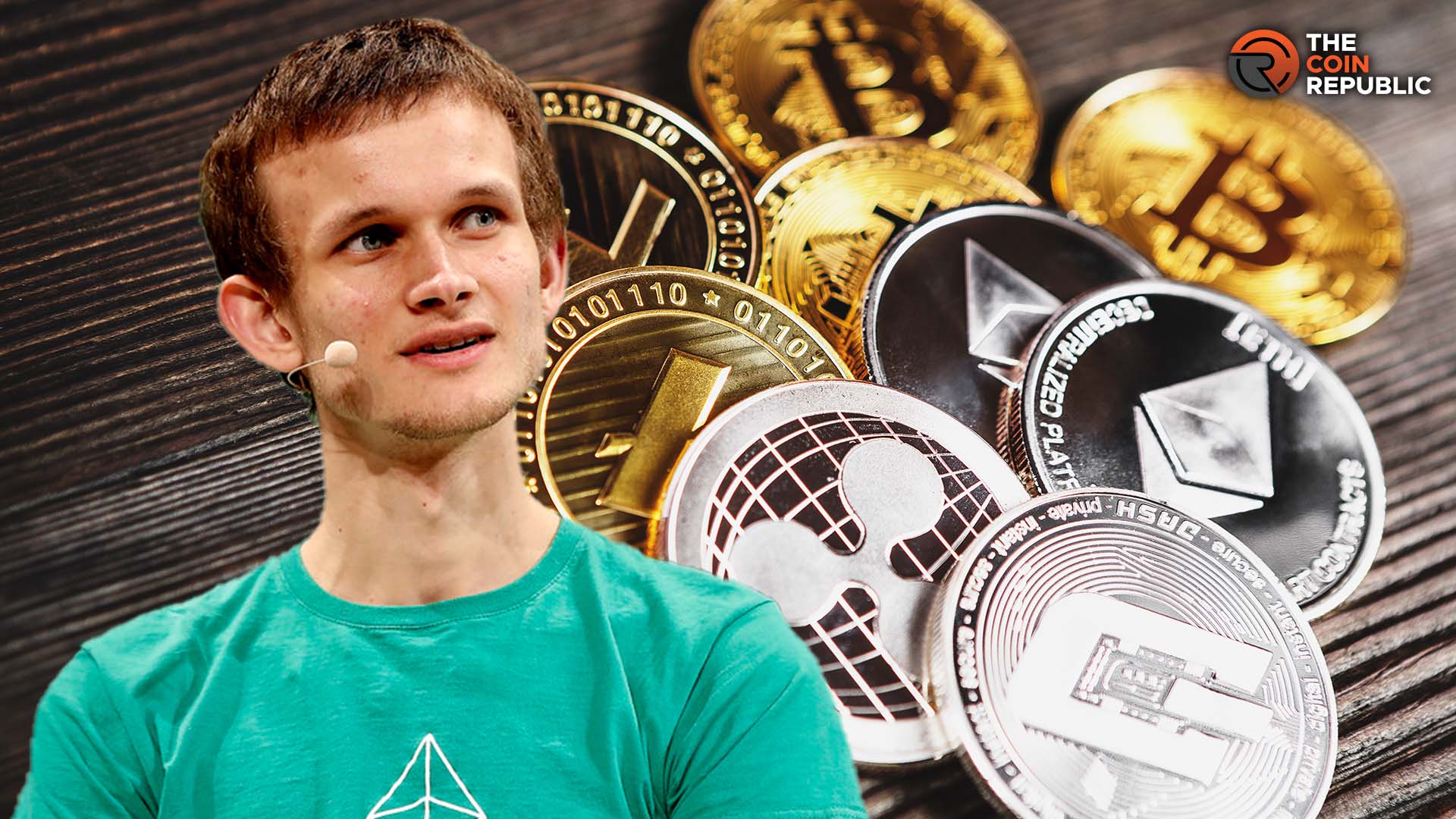Notable figures in the cryptocurrency industry have suggested different templates for fostering a sustainable funding model. Vitalik Buterin, Ethereum co-founder, is the latest to wade into the conversation. In a post on X, Buterin presented his ideas in response to Will Manidis’s perspective.
The Capital Formation Debate
Manidis, co-founder and the CEO of ScienceIO believes efficient capital formation is critical to funding tech startups.
According to him, for tech projects to significantly accelerate in development, financial resources remain a necessary ingredient for success. Manidis wrote,
“Everyone in tech 100x underestimates how important efficient capital formation is for building the future.”
Manidis suggests that many people in the tech industry primarily focus on product development and innovation.
He emphasized that capital formation remains pivotal to any successes recorded in the sector. In his estimation, no advancement would occur without efficient capital formation enabling these projects.
The co-founder of ScienceIO also argues that innovations in financial agreements have created over $100 billion in equity value.
– Advertisement –
This suggests that simplifying raising capital can unlock significant economic potential.
Manidis believes that there are still many opportunities for innovation in capital formation.
He insisted that identifying and implementing efficient capital-raising methods would support substantial industry growth.
Vitalik Buterin’s Vision for Cooperative Financing
Vitalik Buterin’s approach differs as he calls for a shift towards cooperative financing and an operational model.
He desires to see a more inclusive and transparent system in tech and blockchain space that emphasizes the common good over individual profits.
Buterin advocates for a funding structure for open-source standards. This includes financial systems that facilitate ongoing support to open-source projects and open standards.

Such projects are generally accessible to everyone and encourage interoperability for the benefit of the community.
He also stressed the importance of incentivizing security. He explained that protecting the systems against threats in open ecosystems is crucial. That is the only way to maintain trust and reliability.
Vitalik Buterin criticized the “walled-garden” approach, where systems are closed to outsiders. He argues that limiting interaction is just a way of prioritizing short-term gains over the good of the ecosystem.
The Ethereum co-founder canvassed for a “positive-sum” approach.
That is, individuals and organizations should contribute to the overall health and growth of the community, not just a few selected individuals.
This way, all participants can thrive together in a mutually beneficial collaborative environment.
Mixed Reactions and Community Feedback
Interestingly, mixed reactions have trailed Buterin’s model. Some stakeholders see it as not sustainable.
A user, Trader 80/20, cited the Tornado Cash open-source code to argue his point. He said nothing came out of the project, and everyone involved has gone silent.
He questioned the whereabouts of the developers and called out Buterin for not speaking up.
Another user wondered if the Ethereum Foundation has followed this model advocated by Buterin. “Do you think the EF has created a good funding structure?” He asked.
Others opine that relying primarily on efficient capital formation could limit creativity and produce a one-dimensional approach.
They called for diverse ideas and perspectives that could benefit crypto in the long run.












